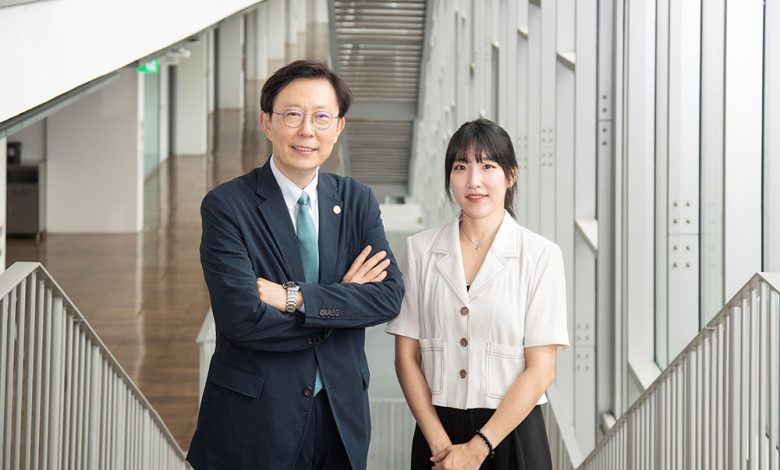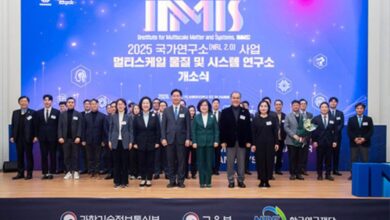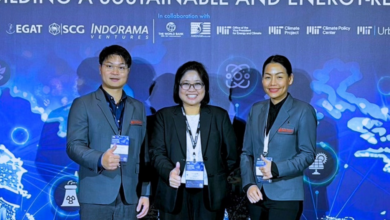Research Team Led by Professor William Jo Pioneers Next-Generation Perovskite Solar Cells for Enhanced Efficiency and Stability

A research team at Ewha Womans University, led by Professor William Jo from the Department of Physics, has made advancements in perovskite solar cell technology. This development, part of the Ewha Frontier 10-10 Project, has resulted in a next-generation solar cell material that demonstrates both efficiency and stability after undergoing more than 2,000 hours of performance testing. The research findings were published in the journal Advanced Energy Materials on August 4 and address critical challenges faced by the solar cell industry.
Study Overview
The study, titled “Autonomous control of ion migration at α-FAPbI3 heterointerfaces via interfacial self-assembled 2D perovskite,” features the introduction of ammonium ions into solar cells for the first time. This innovation achieved a maximum efficiency of 24.38 percent, while maintaining 92 percent of initial performance over an extended period, surpassing existing solar cell testing standards in Korea.
Implications for Carbon Neutrality
Professor Jo, who also serves as the Director of the New and Renewable Energy Research Center, emphasized the implications of this research for efforts aimed at achieving carbon neutrality. The team discovered a technique to mitigate charge imbalance within the perovskite thin film by integrating ammonium ions with tin oxide (SnO2), which enhanced charge extraction and overall cell stability.
Performance Outcomes
The outcomes of this study exhibited a notable charge transport capability, with an effective charge rate of 84 percent and the preservation of 91.87 percent of initial performance over 2,070 hours. This methodology is expected to provide valuable insights into charge distribution control and contribute to efforts toward carbon neutrality.
Collaborative Efforts
The research involved collaboration with Professor Ji-Sang Park of Sungkyunkwan University and Dr. Gee Yeong Kim from the Korea Institute of Science and Technology (KIST), supported by the National Research Foundation of Korea through various research initiatives. The findings have potential implications for future developments in renewable energy technologies, aligning with global sustainability objectives.
Source: Ewha Womans University News




